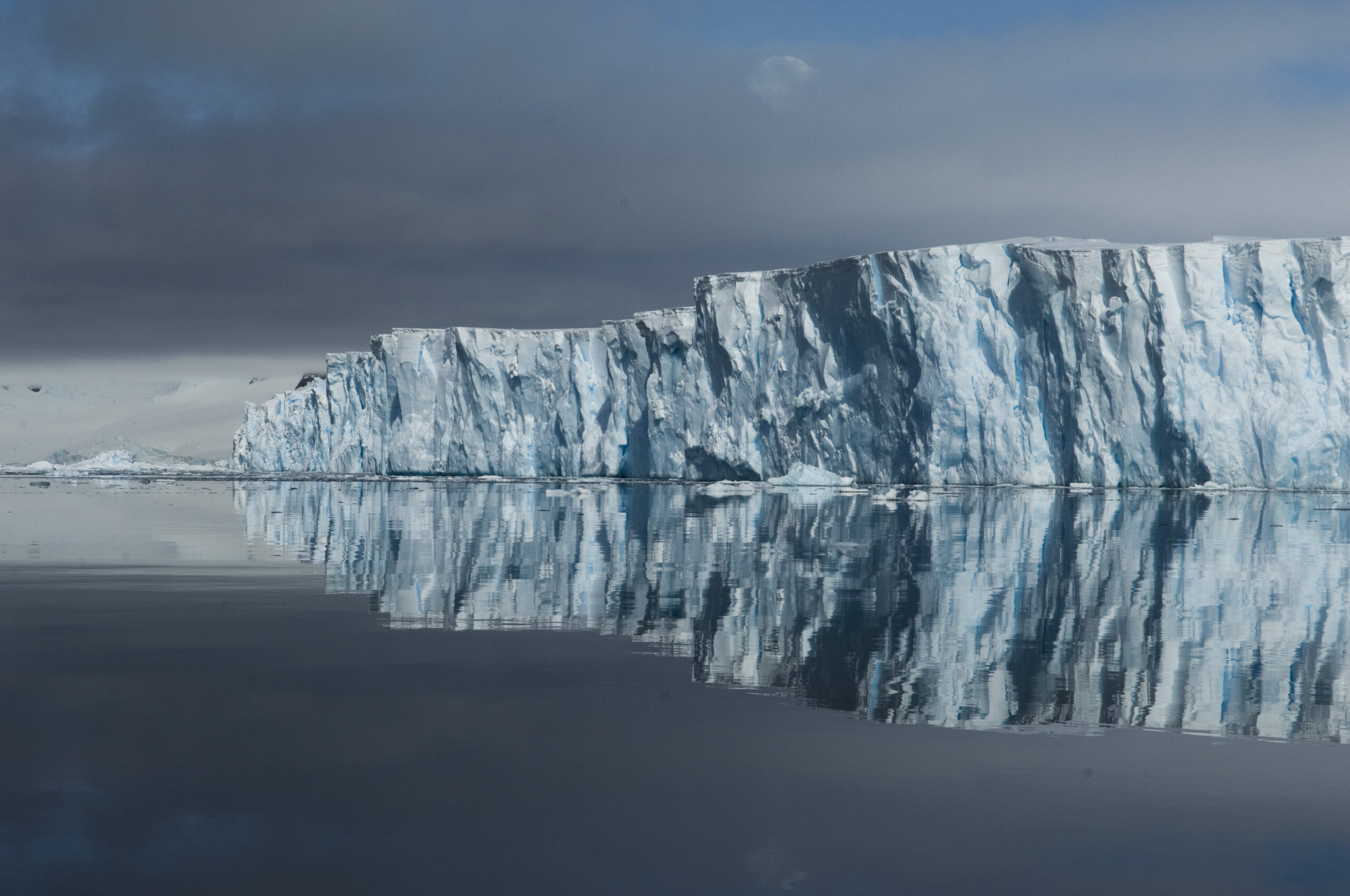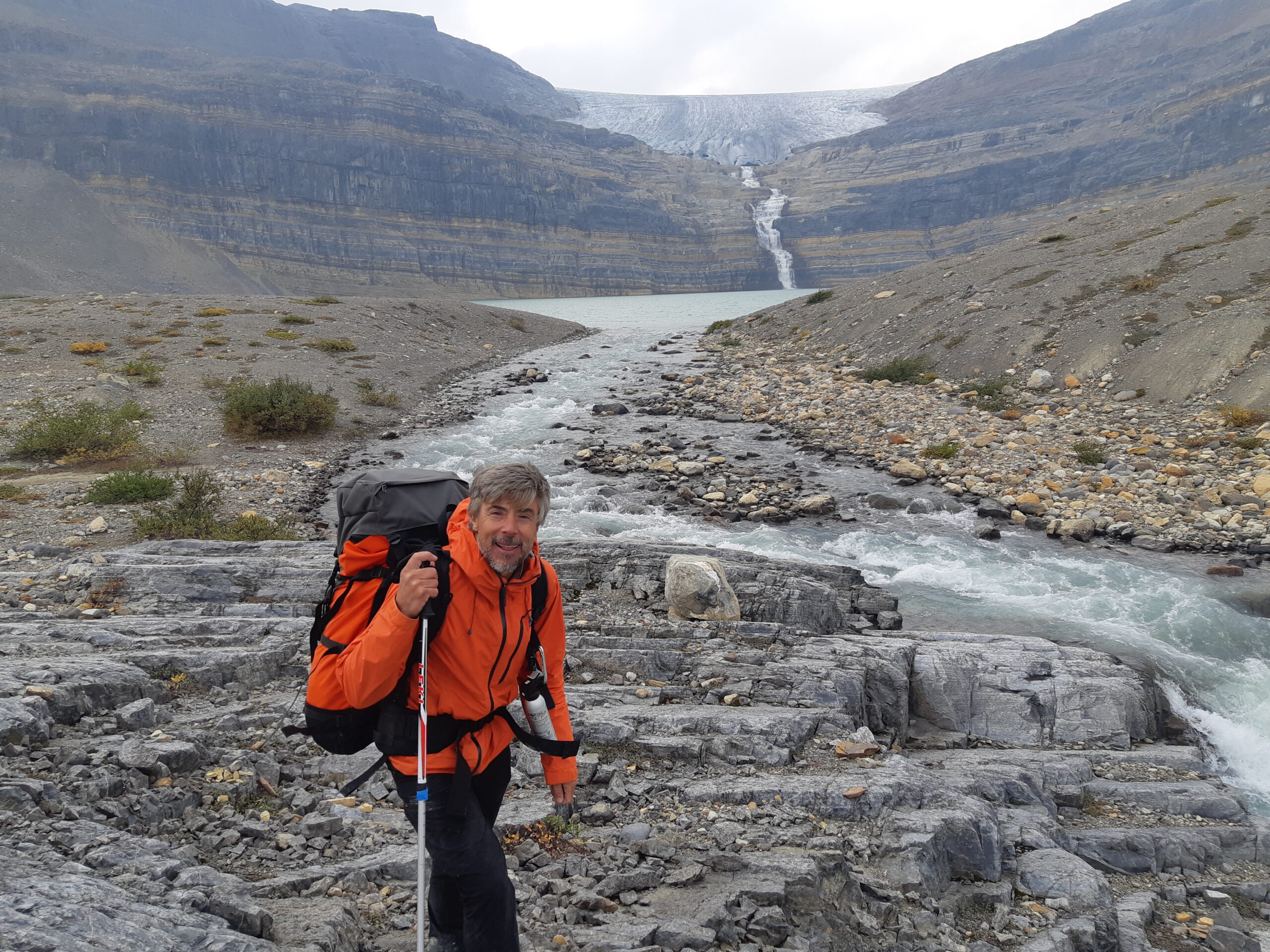A scientist from the British Antarctic Survey has contributed to a major new international publication, coordinated by the UK National Commission for UNESCO, which highlights the accelerating decline of glaciers and ice sheets and their consequences for people and the planet.

The volume, Glaciers and Ice Sheets in a Warming World: Impacts and Outcomes, edited by Professor David J. Drewry, forms the UK's scientific contribution to the United Nations International Year of Glaciers' Preservation (IYGP 2025), led by UNESCO and the World Meteorological Organization.
Dr Hamish Pritchard, glaciologist at the British Antarctic Survey, authored "Will our mountains lose their snow and ice? And does it matter if they do?", which explores the importance of the world's mountain water resources to those living downstream, particularly in South and Central Asia, and describes efforts underway to fill major gaps in our understanding of them.
"Water from snow and ice is really valuable because it flows down from the mountains through the spring and summer, when we need it most. But it's also on the front line of climate change, a big thaw is underway, and we have very few measurements to help us understand what we are losing. We're now targeting the key mountain measurements we need to make our water supplies more predictable."

The report finds that since 2000, glaciers worldwide have lost more than 6,500 billion tonnes of ice, contributing roughly one-third of current sea-level rise and reducing the availability of water to countless mountain communities. The loss rate has accelerated by more than a third in the past decade, underscoring the urgency of limiting global warming to 1.5 °C.
About the International Year of Glaciers' Preservation
Adopted by the UN General Assembly, the Year aims to raise global awareness of glaciers' critical role in ecosystems, economies and societies. UNESCO and the WMO are coordinating scientific and policy initiatives throughout 2025, culminating each year on World Day for Glaciers (21 March).
British Antarctic Survey is proud to contribute to this global effort, reaffirming the UK's leadership in climate and cryosphere research and its commitment to UNESCO's mission to advance knowledge and sustainability worldwide.
Full report: Glaciers and Ice Sheets in a Warming World: Impacts and Outcomes is available on the UNESCO website.






